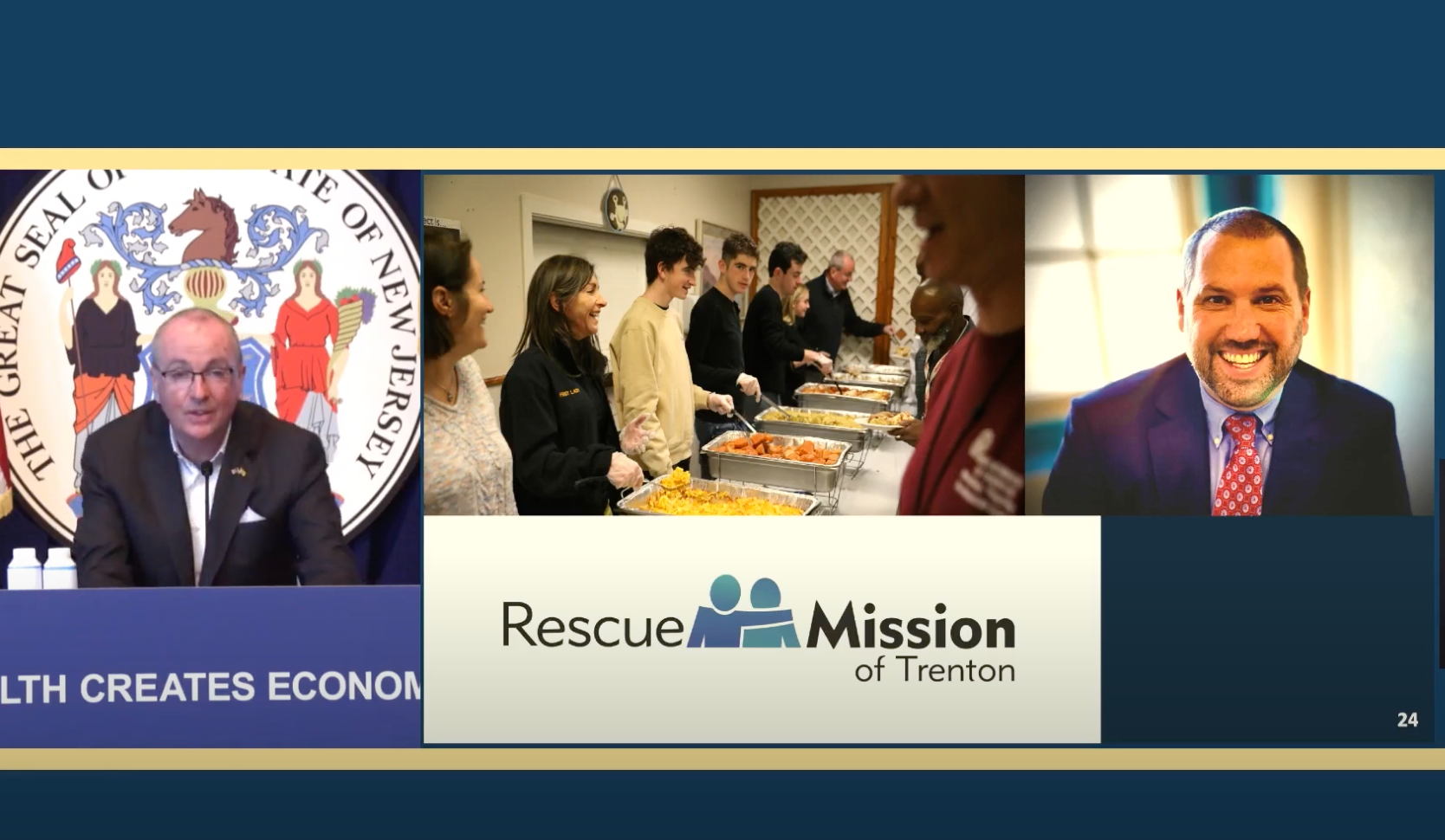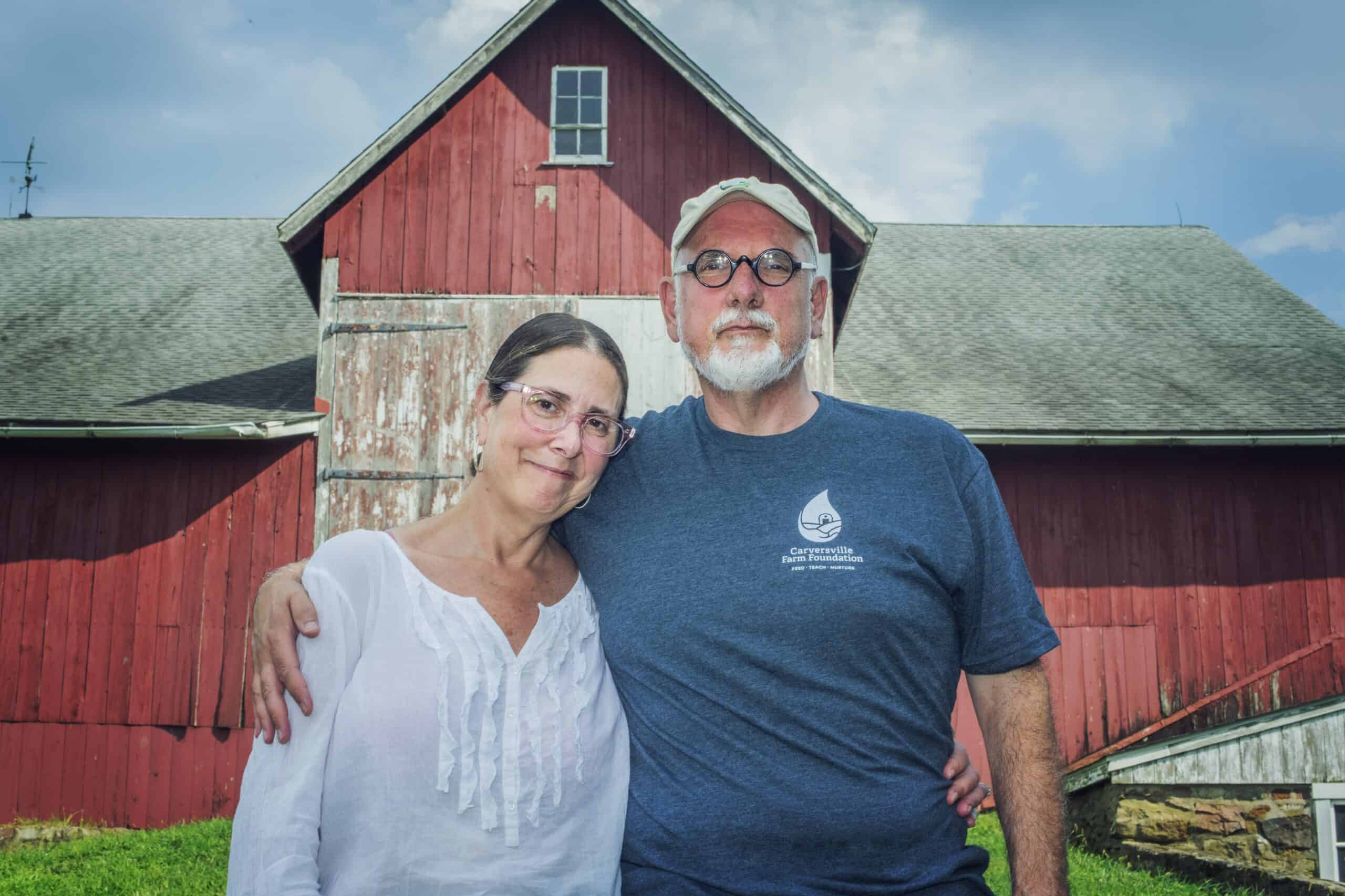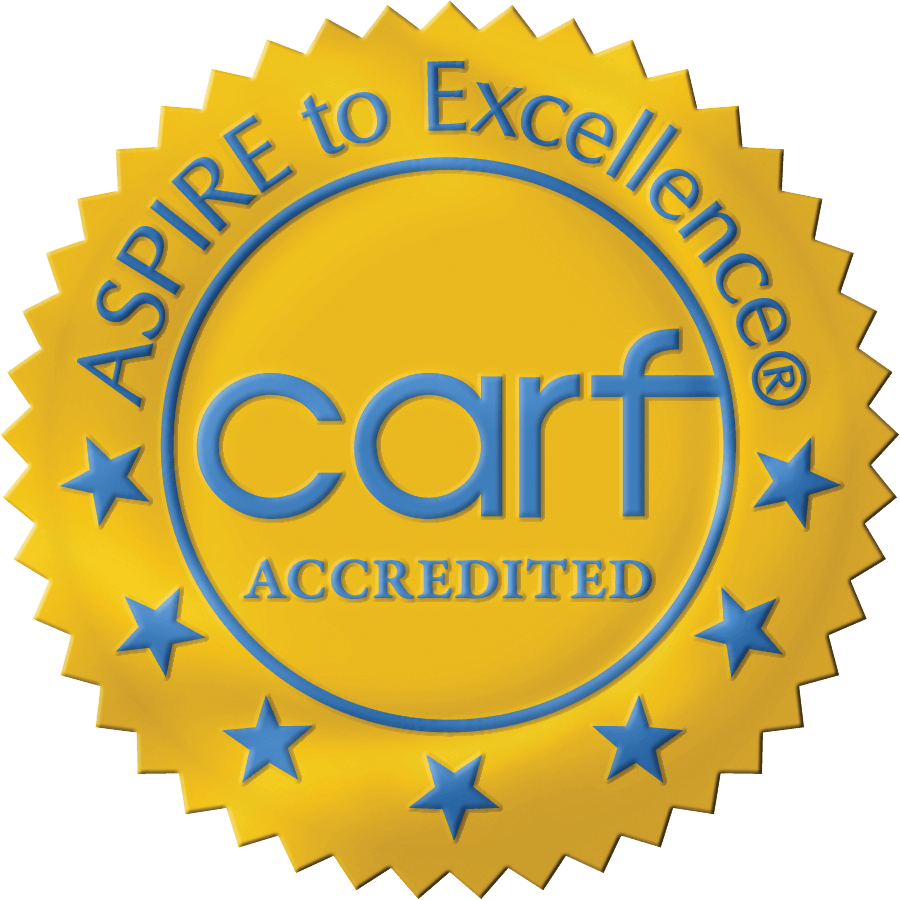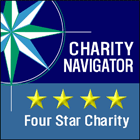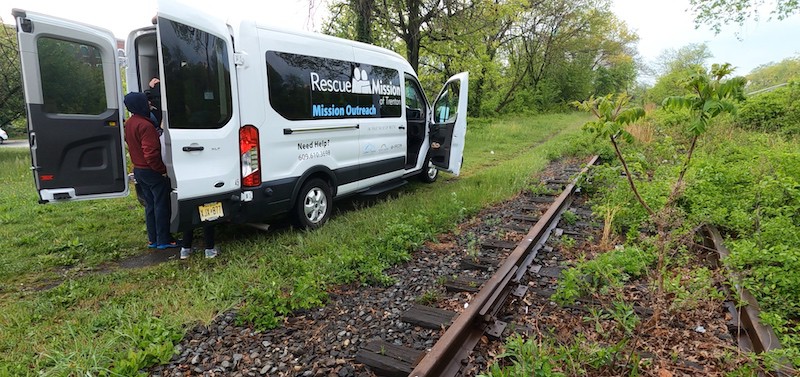
Six days a week, driving to where people struggling with addiction are known to congregate, The Mission’s Peer Recovery Specialists offer everyone they meet a cup of coffee, something to eat, a caring conversation – and, if the individual is ready, medication to help with recovery, access to healthcare, and bring them back to The Shelter for more personal care.
“Even if someone is not ready to receive help at that given moment, we’re still going to be there for them,” said Chalia Perry, Peer Recovery Specialist, who drives on the van regularly. She added, “Especially since I am in recovery, I know what’s going on with them because I’ve been there. Our mission is to show people that somebody out here cares about what they’re going through.”
In the past year, The Mission’s Outreach initiative has provided coffee and food 4,342 times, 742 items of clothing, 580 Narcan kits, addiction treatment for 50 individuals, medical treatment for 24 individuals, and brought 21 homeless individuals to The Shelter.
“Even if someone is not ready to receive help at that given moment, we’re still going to be there for them.”
Here’s how it worked for Carol:
As the early morning sun tries to break through a thick layer of clouds, Chalia steps out of a van with the words Mission Outreach announced on the side. Along the railroad tracks near Perry Street, a lone figure steps out of the shadows, approaching her.
Chalia squints, then breaks into a huge smile and calls out Carol’s name. “There’s my girl.” Carol comes in for a hug.
Soon, Carol is sipping a warm cup of coffee, devouring a sandwich, and sharing, “I’ve been out here in the same outfit for three days. This new outfit you’ve given me will make me feel like a human again, because I feel nasty and dirty. And when I feel like that I don’t want to do nothing. It’s part of a depression I’m in. Because I started using again. And I was clean, and now I’m mad at myself.”
Carol then asked Chalia to accompany her when she goes for a surgery that has been scheduled.
